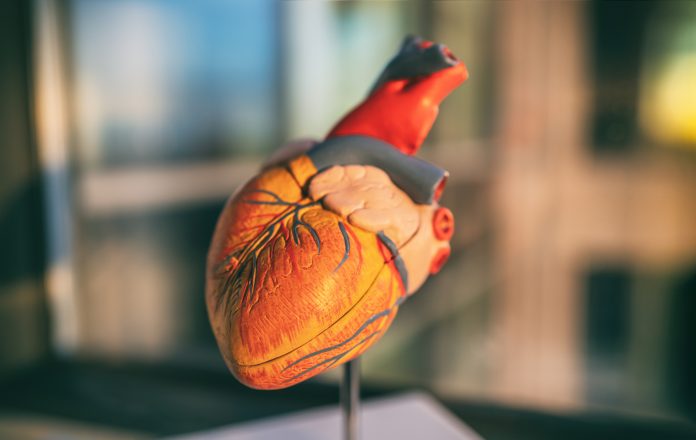According to a new study by researchers at UCL, mild COVID-19 infection is highly unlikely to cause lasting heart damage
Researchers from the University College London (UCL) recruited 149 healthcare workers recruited from Barts Health and Royal Free London NHS Trusts to look into mild COVID-19 infection and its longer-term impact on the heart.
The team identified the participants with mild COVID-19 from the COVIDsortium, a study in three London hospitals where healthcare workers had undergone weekly samples of blood, saliva and nasal swabs for 16 weeks.
Six months after mild infection they examined the heart structure and function by analysing heart MRI scans of 74 healthcare workers with prior mild COVID-19 and compared them to the scans of 75 healthy age, sex and ethnicity matched controls who had not previously been infected.
No difference in the heart
They found no difference in the size or amount of muscle of the left ventricle or its ability to pump blood out of the heart and the amount of inflammation and scarring in the heart, and the elasticity of the aorta remained the same between the two groups.
When the researchers analysed blood samples, they found no differences in the two markers of heart muscle damage – troponin and NT-proBNP – six months after mild COVID-19 infection.
Dr Thomas Treibel (UCL Institute of Cardiovascular Science and Barts Health NHS Trust), said: “Disentangling the impact COVID-19 has on the heart has been a challenge. But we’re now at the stage of the pandemic where we can really start to get a grip on the longer-term implications COVID-19 has on the health of our heart and blood vessels.
“We’ve been able to capitalise on our incredible frontline staff who’ve been exposed to the virus this past year and we’re pleased to show that the majority of people who’ve had COVID-19 seem to not be at increased risk of developing future heart complications. We now need to focus our attention on the long term impact the virus has in those who’ve been hit hardest by the disease.”
Dr Sonya Babu-Narayan, Associate Medical Director at the British Heart Foundation and consultant cardiologist, said: “These findings one year on from the start of the pandemic are welcome reassurance to the hundreds of thousands of people who have experienced COVID-19 with mild or no symptoms.
“Throughout the pandemic, BHF researchers have made progress investigating the short and long-term effects of COVID-19 on the heart and circulatory system. There’s still a lot more work to be done, but for now it seems the good news is that mild COVID-19 illness does not appear to be linked to lasting heart damage.”
The study was funded by the British Heart Foundation (BHF) and Barts Charity.
The full study has been published in JACC Cardiovascular Imaging.











